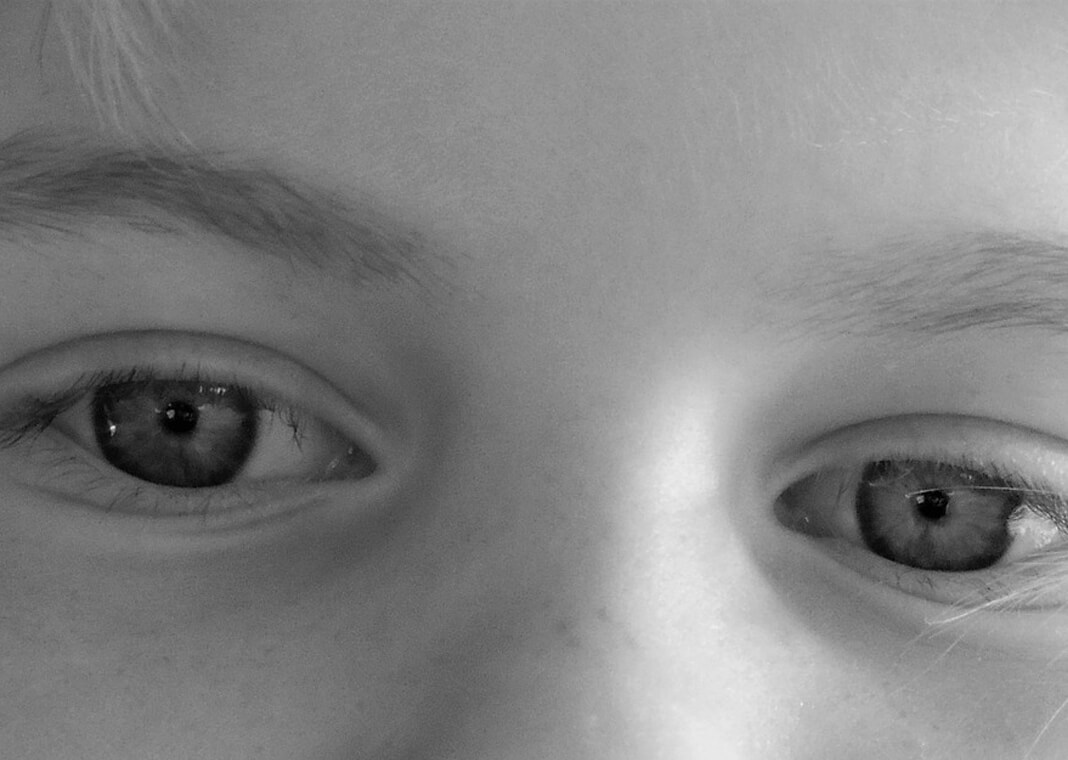 After sending the 70 disciples out to preach, Jesus listened to what they had to say upon their return. They recounted many wonders, to which Jesus replied “Blessed are the eyes which see what you see! For I tell you that many prophets and kings desired to see what you see, and did not see it, and to hear what you hear, and did not hear it” (Luke 10:23–24).
After sending the 70 disciples out to preach, Jesus listened to what they had to say upon their return. They recounted many wonders, to which Jesus replied “Blessed are the eyes which see what you see! For I tell you that many prophets and kings desired to see what you see, and did not see it, and to hear what you hear, and did not hear it” (Luke 10:23–24).
Seeing is not a passive act. We are not sponges soaking in images. We see what we choose to pay attention to at any given moment, and our habits of seeing are shaped by our priorities. Jesus taught his disciples to see things that others missed: the faith of a small tax collector in a tree; the resolve of a woman just reaching out to touch Jesus’ garment; the example of a feisty Samaritan divorcée. He taught them to see lepers and the blind and the disabled as people who could show God at work. He taught them to pay attention to fig trees, mustard seeds, vineyards, and sheep for clues about the way God works. He taught them to look at the temple and its high priests with a critical eye, to question how important government was in the big picture, and to be unafraid even when they were in storms at sea. He taught them how to see the way God sees.
What a glorious invitation—to see as God sees! And to begin with ourselves, to see ourselves the way God does, seething with joy at how beautiful are his creations, feeling something of God’s own restlessness.
Yes, seeing is a habit. Try on the habit and begin to imagine the way God sees the world. Enter into that imagination as a spiritual exercise and see what happens.

Thanks Tim. Gift of vision is a massive grace.
Tim, your reflection this morning (15 years ago) brilliantly captures the gift of opening our eyes and our imaginations to the recognition of God’s, Jesus’s, Ignatius’s, and the writer’s (and editor’s) gifts that nurture or Faith and encourage us to keep “looking” and serving our gifted, yet materially and politically – less fortunate. Blessings, and thanks so very much.
Thank you for this reminder that seeing is an exercise of will as much as any of the higher order functions we tend to focus on when we think about thinking. This is a day-changer for me, so it is much appreciated.